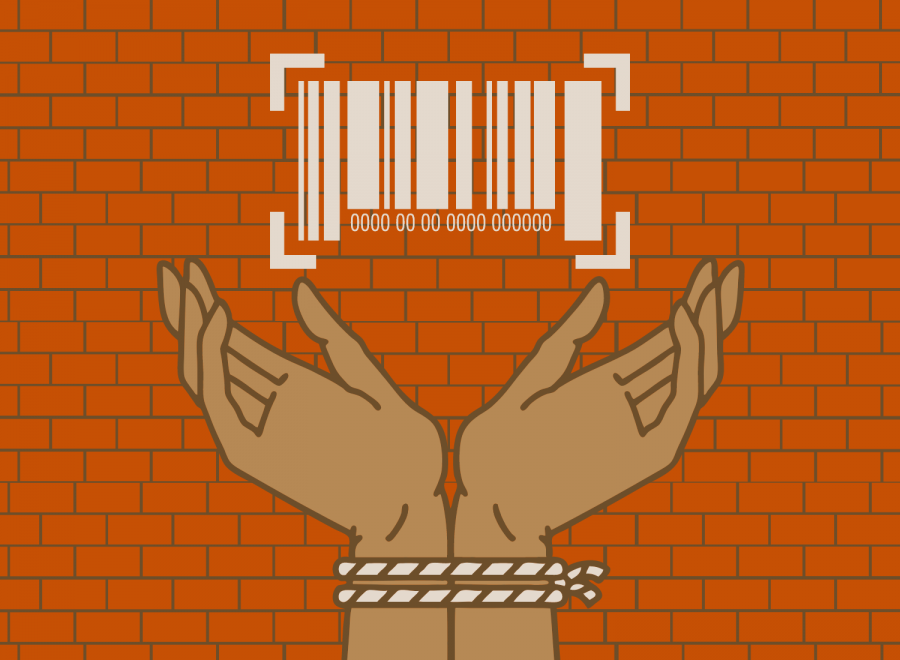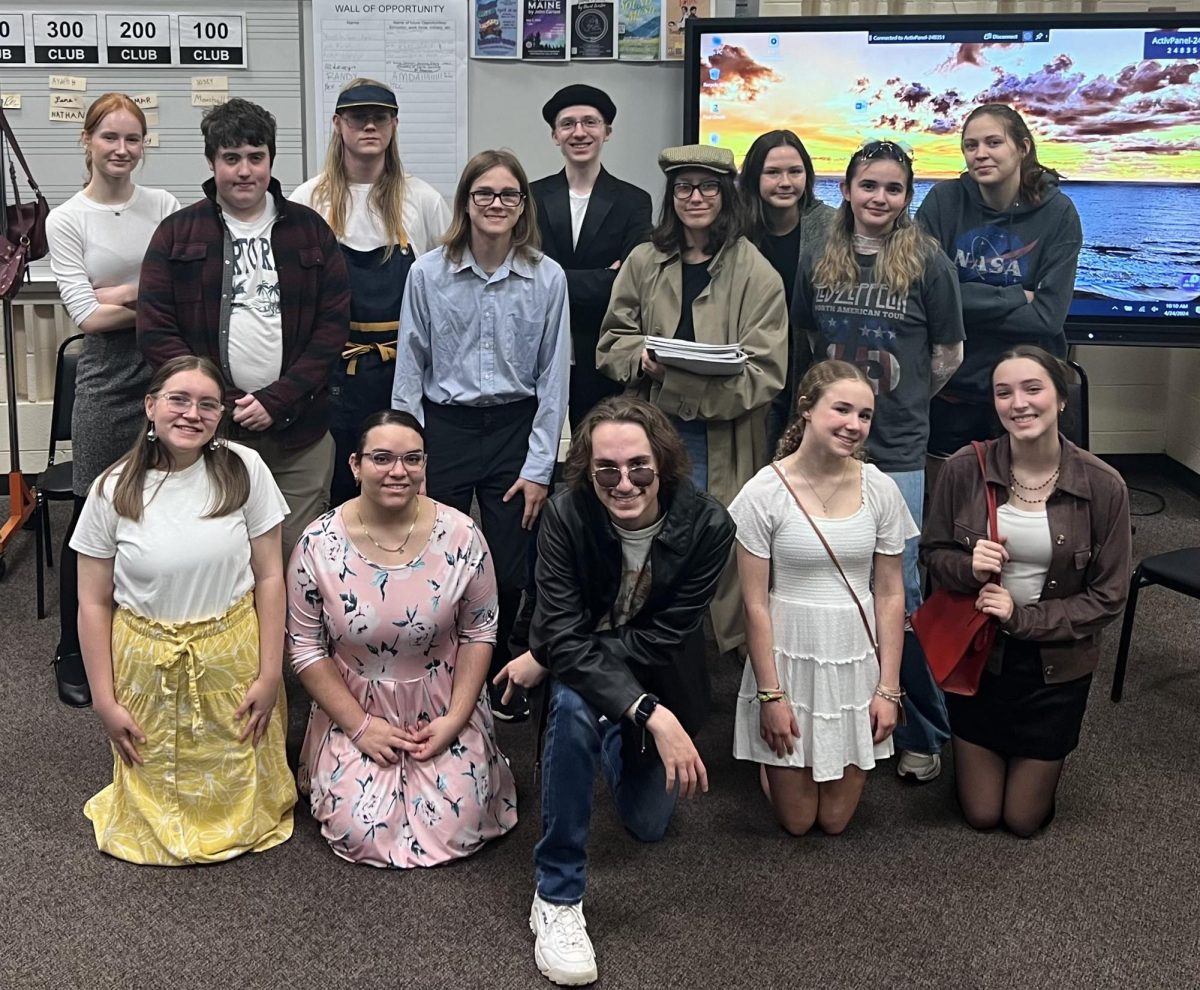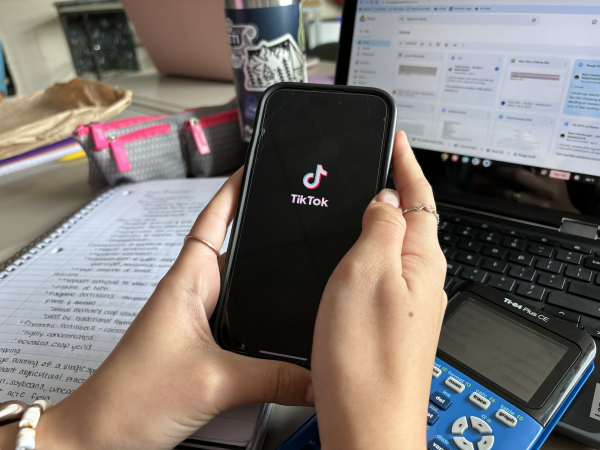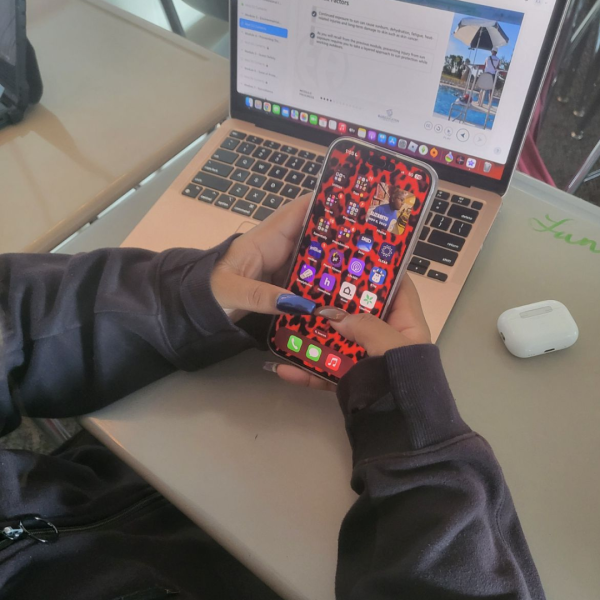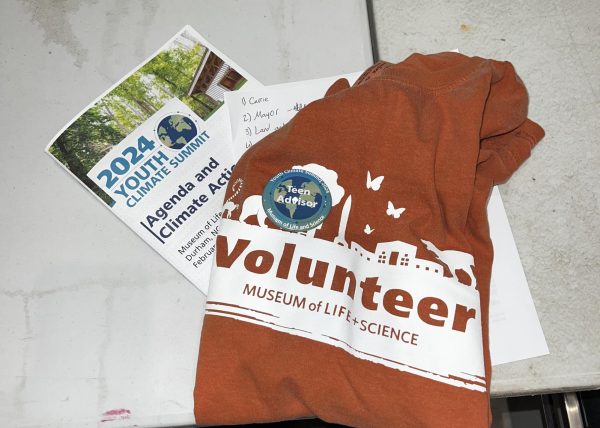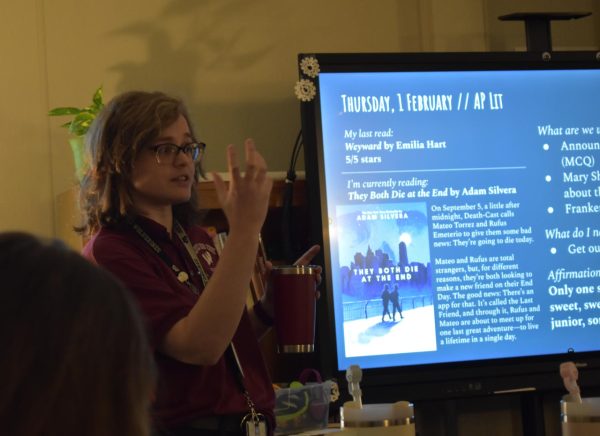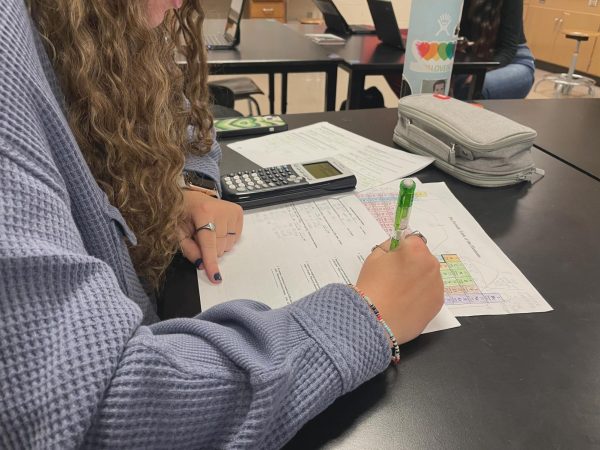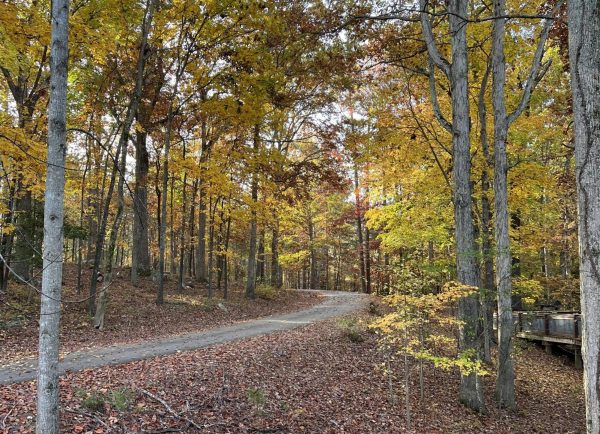We aren’t safe: A human trafficking prevention guide
When sold into human trafficking many victims get marked with a barcode or number and get their hands tied up. Both of these have become symbols used to spread awareness for human trafficking.
November 19, 2020
The state of North Carolina doesn’t rank high in many things. It’s number 14 for the economy, 25 for education, 30 for health care and the list goes on. One thing that North Carolina ranks extremely high for is human trafficking. North Carolina is the sixth state with the highest amount of human trafficking.
Human trafficking is defined as “a form of modern-day slavery in which people profit from the control and exploitation of others.” The North Carolina Department of Public Safety reports that human trafficking is the second-largest criminal enterprise in the world and is one of the fastest-growing enterprises, generating billions of dollars a year. North Carolina is one of the states most affected by this rapidly growing enterprise.
Melissa Ansbacher is a counselor at Wakefield High School who works with the students in the areas of academics, college/career planning and social-emotional health, which includes making sure students are safe.
“[North Carolina has] major interstate highways, a strong military base with a constantly moving population and agricultural areas [that have] a demand for cheap labor, [allowing] significant potential for movement within NC and between NC and other states.”
The students themselves may not even be aware that they are a victim of trafficking or that they are being groomed.
— Ansbacher
Because NC has such a high chance for women and children to be trafficked, many people have taken steps to educate and supply resources. North Carolina Governor, Roy Cooper declared January as Human Trafficking Awareness month in an attempt to bring awareness to the issue. There are also many organizations that work to prevent human trafficking in North Carolina including The Carolina Women’s Center, North Carolina Coalition Against Human Trafficking and NC Stop Human Trafficking.
“I have to consider whether a student may be involved in human trafficking and I have to be aware of the signs when I work with our students,” Ansbacher said. “The students themselves may not even be aware that they are a victim of trafficking or that they are being groomed.”
It is extremely important to have educators and school staff be aware of the signs of human trafficking because children often do not know they could be in a dangerous situation. Educating the general population is also important so that not only can they help others, but also so they can self-report if they are in a situation where it is necessary.
Special attention also needs to be given to vulnerable communities. Anyone can be a victim of trafficking but there are certain communities that experience a greater risk of trafficking including women, children, people of color, members of the LGBTQ+ community (specifically transgender individuals), immigrants, homeless individuals, children in the foster care system, people with a history of abuse and disabled individuals. It is especially important for people who belong to multiple of those communities to be cautious. Traffickers are adept at using an individual’s vulnerability as leverage in forcing them into a trafficking situation.
Some key warning signs that someone is in a dangerous situation are poor living conditions, multiple people in cramped space, inability to speak to individuals alone, answers appear to be scripted and rehearsed, signs of physical abuse, being submissive or fearful, new and/or expensive possessions, inconsistent story or memory gaps, unaware of the date, time or physical location, frequent absences from school or work and declining academic performance. There are many more as well, but those are the most common signs. If people around you show one or multiple of these it is important to contact authorities as soon as possible to check out the situation.
Allowing two to three close family members or friends to track your phone can also save your life.
Because North Carolina is a hot spot for human trafficking, it’s important that people are vigilant in protecting themselves against human trafficking because prevention is always the best method. People are often distracted by their phones. When walking, it is important to make sure that you’re aware of what’s going on around you so that you can spot when something is off. If you notice a person or a car following you, alert someone you trust immediately. It is also best to not walk alone. Sometimes it is necessary, but if you are walking through uncrowded areas, try to walk with someone you trust. Carry pepper spray with you or some other defense device on your key-chain. You also need to mentally prepare yourself to fight off an abductor. If you begin to be attacked, make a scene, yell for help, and fight back like your life depends on it. Allowing two to three close family members or friends to track your phone can also save your life. There are also apps like Noonlight that will alert the authorities if you don’t enter a passcode within a certain time period. If meeting strangers from the Internet, make sure to meet them in a crowded, public location and let trusted individuals know your location at all times.
Being sold into human trafficking is a huge issue not only in the United States, but specifically here in North Carolina. The state has many easy ways to travel in and out which traffickers take advantage of. This puts many at risk of being trafficked. You need to be careful at all times especially if you are in one of the highly targeted groups. Take precautions to protect yourself but also know the signs someone is being trafficked. You could save their life.



